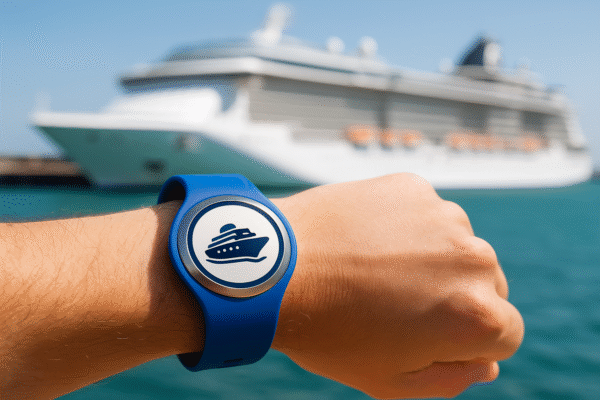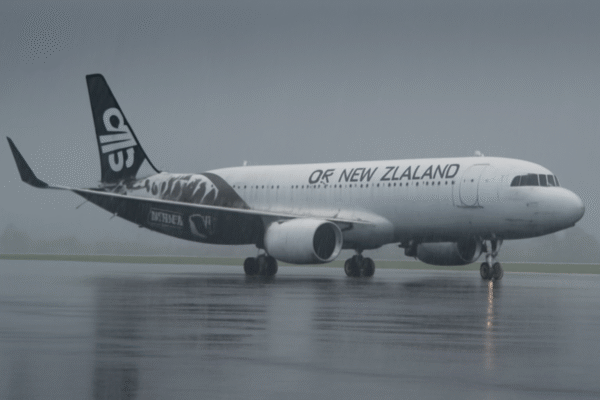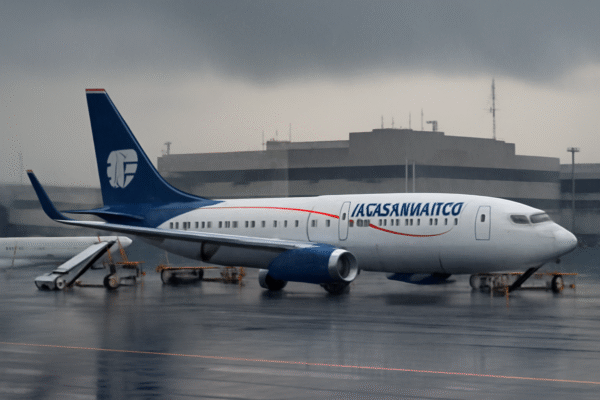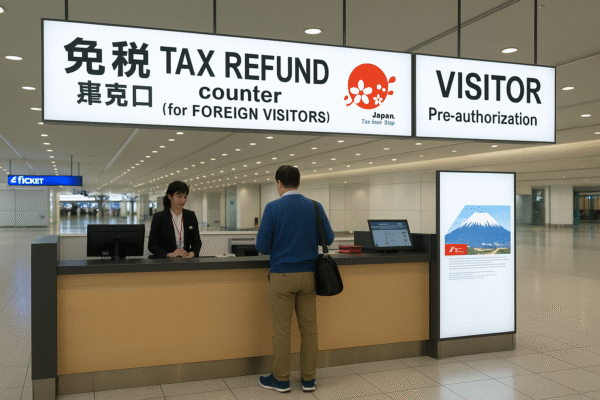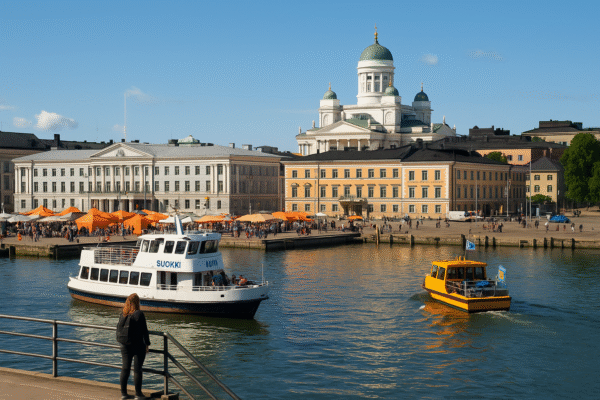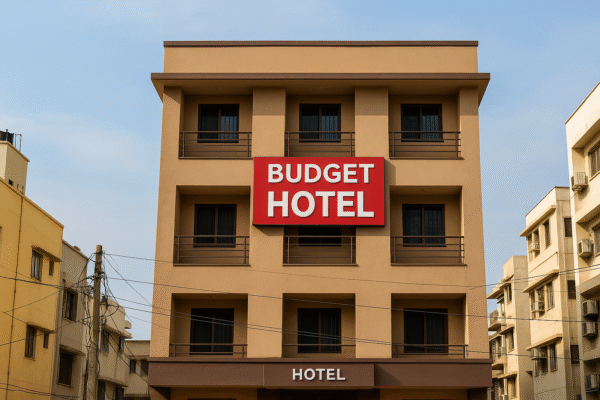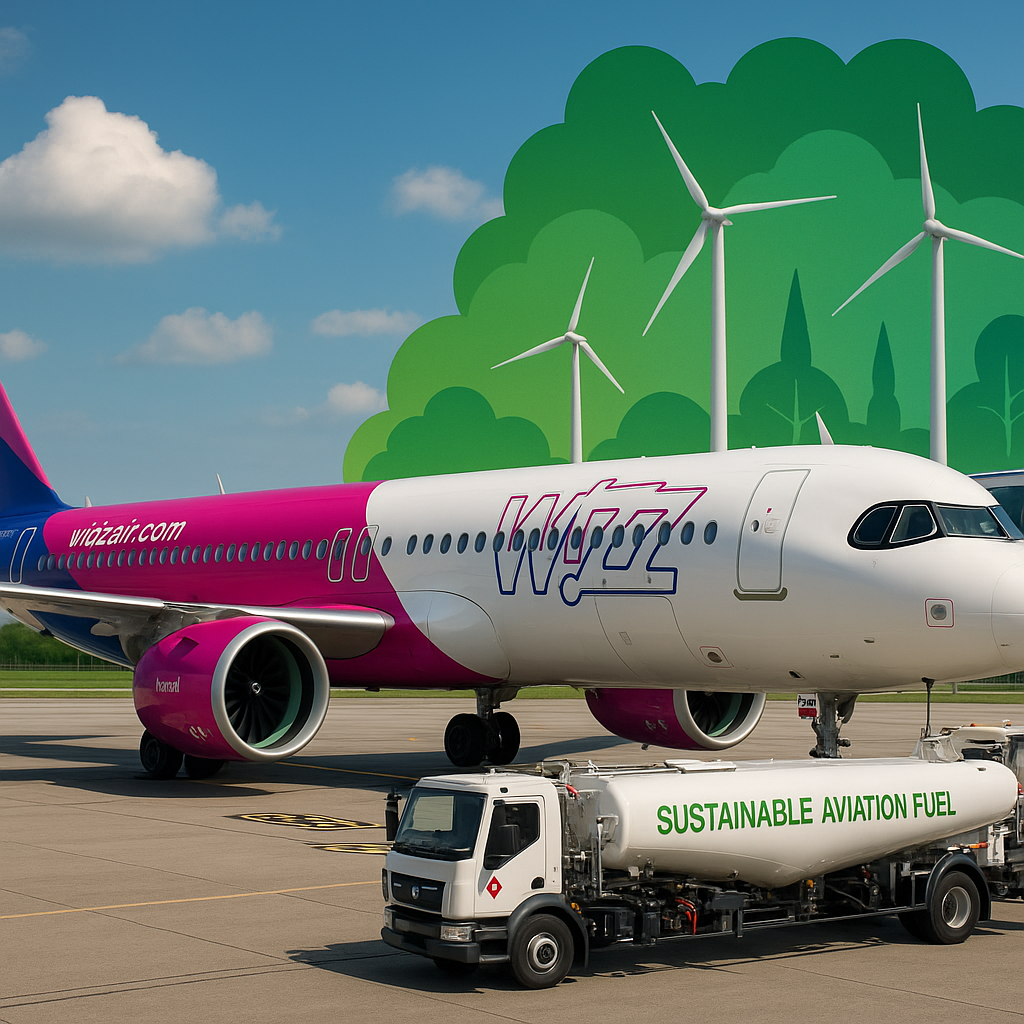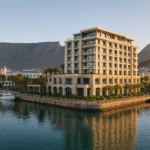Wizz Air has once again soared above the competition, securing its position as the world’s Most Sustainable Low-Cost Airline at the prestigious World Finance Sustainability Awards for an unprecedented fifth consecutive year. This recognition not only honors the Hungarian-based carrier’s consistent environmental efforts but also reaffirms its pivotal role in shaping the future of eco-conscious aviation.
At a time when global aviation faces intense scrutiny over its environmental impact, Wizz Air has stood out as a sustainability trailblazer. As a member of the Alliance for Zero Emission Aviation (AZEA), the airline has actively contributed to global discussions and policies aimed at reducing aviation emissions. By aligning with major international sustainability platforms, including the upcoming COP29 climate summit, Wizz Air is pushing for real-world policy shifts and technological advancements that can transition the industry toward greener skies.
Bold Commitments to Sustainable Aviation Fuel (SAF)
Central to Wizz Air’s sustainability strategy is its ambitious commitment to Sustainable Aviation Fuel (SAF). The airline has pledged to power 10% of its flights using SAF by 2030, a significant milestone given the challenges of SAF production and adoption in today’s market. SAF represents a major leap forward in aviation sustainability, reducing lifecycle carbon emissions by up to 80% compared to conventional jet fuel.
Wizz Air is not merely waiting for a sustainable future—it is engineering one. The airline continues to explore SAF procurement options across Europe and has entered discussions with fuel producers to secure long-term, scalable SAF supply agreements. It is also calling for increased government support and funding mechanisms to accelerate SAF accessibility and affordability for all carriers.
Cutting-Edge Operational Practices for Emissions Reduction
Beyond fuel innovation, Wizz Air has adopted a suite of operational efficiencies to reduce its carbon footprint. Techniques such as single-engine taxiing, optimized flight paths, and electric ground handling equipment are part of the airline’s holistic approach to emission mitigation. These practices contribute not only to lower emissions but also to reduced fuel consumption and cost-effective operations.
Wizz Air’s proactive sustainability measures are reflected in its industry-leading carbon performance. In 2024, the airline achieved just 52 grams of CO₂ per passenger kilometre, the lowest of any airline globally in its category. This achievement is largely attributed to its fleet modernization efforts and advanced flight planning systems.
Fleet Modernization: A Game-Changer for Green Aviation
A cornerstone of Wizz Air’s eco-friendly operations is its young, fuel-efficient fleet. The carrier has made substantial investments in next-generation aircraft, particularly the Airbus A321neo, known for its 20% reduction in fuel burn and carbon emissions compared to previous models. As of 2025, over 61% of Wizz Air’s fleet consists of A321neo aircraft, and the airline maintains one of the youngest fleets in the industry, averaging just 4.7 years.
This fleet strategy is more than a technological upgrade—it’s a climate-conscious decision that underpins the airline’s long-term sustainability roadmap. Newer aircraft mean fewer emissions, quieter engines, and enhanced operational efficiency, allowing Wizz Air to maintain its ultra-low-cost model while prioritizing environmental responsibility.
Net Zero Roadmap and Broader Industry Influence
Wizz Air has unveiled a Net Zero Roadmap, detailing its comprehensive plan to achieve net-zero carbon emissions by 2050. This roadmap emphasizes key areas such as SAF scale-up, fleet renewal, carbon offsetting initiatives, and partnerships across the aviation supply chain. It also champions future-forward technologies like electric and hybrid propulsion systems, which are expected to revolutionize short-haul travel within the next two decades.
The airline recognizes that sustainability in aviation cannot be accomplished in isolation. It has consistently urged cooperation among airports, governments, aircraft manufacturers, and fuel suppliers to support decarbonization initiatives. By setting high standards and sharing best practices, Wizz Air is helping to shape the broader aviation industry’s green transition.
A Model for Low-Cost, Low-Impact Air Travel
Wizz Air’s achievements highlight an important industry truth: sustainability is not only compatible with low-cost aviation—it can enhance it. Through technological innovation, responsible resource management, and a forward-thinking sustainability culture, the airline has proven that environmental stewardship and commercial success are not mutually exclusive.
As climate change continues to dominate global discourse, airlines are under mounting pressure to act. Wizz Air’s model offers a compelling blueprint for how carriers—regardless of size or market—can integrate sustainability into their DNA and drive meaningful change.
Looking Ahead
The road to net-zero in aviation is long and complex, but Wizz Air’s consistent performance, innovative strategies, and willingness to invest in the future position it as a leader in sustainable aviation. With goals clearly set and results already visible, the airline is on a firm trajectory to meet its 2030 and 2050 targets.
As Wizz Air celebrates its fifth consecutive year as the world’s most sustainable low-cost airline, the recognition serves not only as a badge of honor but as a call to action for the rest of the industry. For travelers, investors, and policymakers alike, Wizz Air stands as a beacon of possibility—demonstrating that the future of flying can indeed be green, efficient, and affordable.
For more travel news like this, keep reading Global Travel Wire


